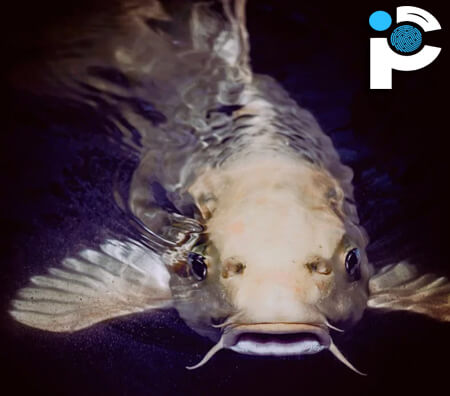Catfishing Explained: 15 Signs of Online Deception
January 30, 2024 - Reading time: 11 minutes
Updated on: September 3, 2025
What is Catfishing and How Can You Spot It?
If you have ever wondered whether someone online is really who they say they are, you are not alone. Catfishing is the deliberate use of a fake identity to build trust, affection, or influence, sometimes to manipulate victims emotionally or financially. This guide explains what catfishing is, why it happens, and the warning signs to look for.
Where Does the Term Come From?
The term gained popularity after the 2010 documentary Catfish, where a man learned he had been deceived by someone using a false persona. The metaphor refers to keeping others alert and second guessing, similar to the original story about catfish placed with cod to keep them moving.

Is Catfishing Illegal?
Catfishing itself is not always illegal, but actions around it often are. Using stolen photos, identity fraud, harassment, blackmail, or requesting explicit material can lead to criminal or civil consequences. If minors are involved, the risks escalate significantly. If you are affected, seek legal advice.

Why Do People Catfish?
Motivations vary. Some act from insecurity or loneliness. Others seek control, money, or revenge. It may involve strangers or people you already know. Dating apps and social platforms make it easier to create convincing profiles and maintain false stories.
15 Signs You Might Be Dealing with a Catfish
- Avoids voice or video calls for vague reasons and keeps delays going.
- Thin or suspicious social profiles with few friends or odd follower locations.
- Stories that do not add up about work, family, travel, or timelines.
- Photos that appear elsewhere when checked with reverse image search tools.
- Extreme highs or lows in life stories to gain sympathy or admiration.
- Only model-grade or very poor photos, nothing normal or recent.
- Same profile picture for ages with no seasonal or contextual changes.
- No candid selfies on request, or excuses about broken cameras.
- Refuses to meet or repeatedly cancels at short notice.

- Plans always collapse due to constant emergencies or travel.
- They ask a lot about you but share very little in return.
- Requests for money or gift cards, often framed as short-term help.
- Love bombing with intense feelings far too early.
- Your instincts say something is off and the doubts do not go away.
- You are considering outside help to verify who they are.

How to Verify Someone Safely
- Reverse image search their profile photos with Google Lens or TinEye.
- Check the footprint across platforms. Genuine lives leave traces over time.
- Ask for a live selfie holding a specific note or gesture, taken on request.
- Arrange a short video call at short notice, even two minutes is useful.
- Be cautious with documents. Never share passport scans or utility bills.
- Use professional checks when the stakes are high.
Professional identity checks: We can run lawful background checks and online identity verification, including social media OSINT, court record searches, people tracing, dating profile scans, and image provenance checks. This helps confirm whether someone is who they claim to be before you invest time, money, or emotion.
Need Help with a Catfish Situation?
At Private Investigators UK, we have helped many clients confirm suspicions and uncover the truth about people they met online. If you need clarity fast, we can discreetly verify identities, map digital footprints, and provide evidence you can rely on.
- Background checks for identity and history
- OSINT and social media investigations
- People tracing and address verification
- Surveillance if an in-person check is required
We offer free, no pressure consultations. Contact us with your situation and we will advise the most efficient next step.
FAQs
Is it safe to send money if I have video chatted with them?
It is still risky. Scammers can borrow locations, stage calls, or use accomplices. Avoid sending money to anyone you have not met and verified.
They sent me ID photos. Can I trust that?
ID images can be stolen or edited. Treat any document as unverified until checked by a professional.
Should I confront them?
If you feel unsafe, do not confront. Preserve evidence, tighten privacy settings, and consider a professional check first.
Related Articles
You are reading the PrivateInvestigators-UK blog — home to the UK's leading detective agency. Learn more about us by visiting our homepage PrivateInvestigators-UK.com.